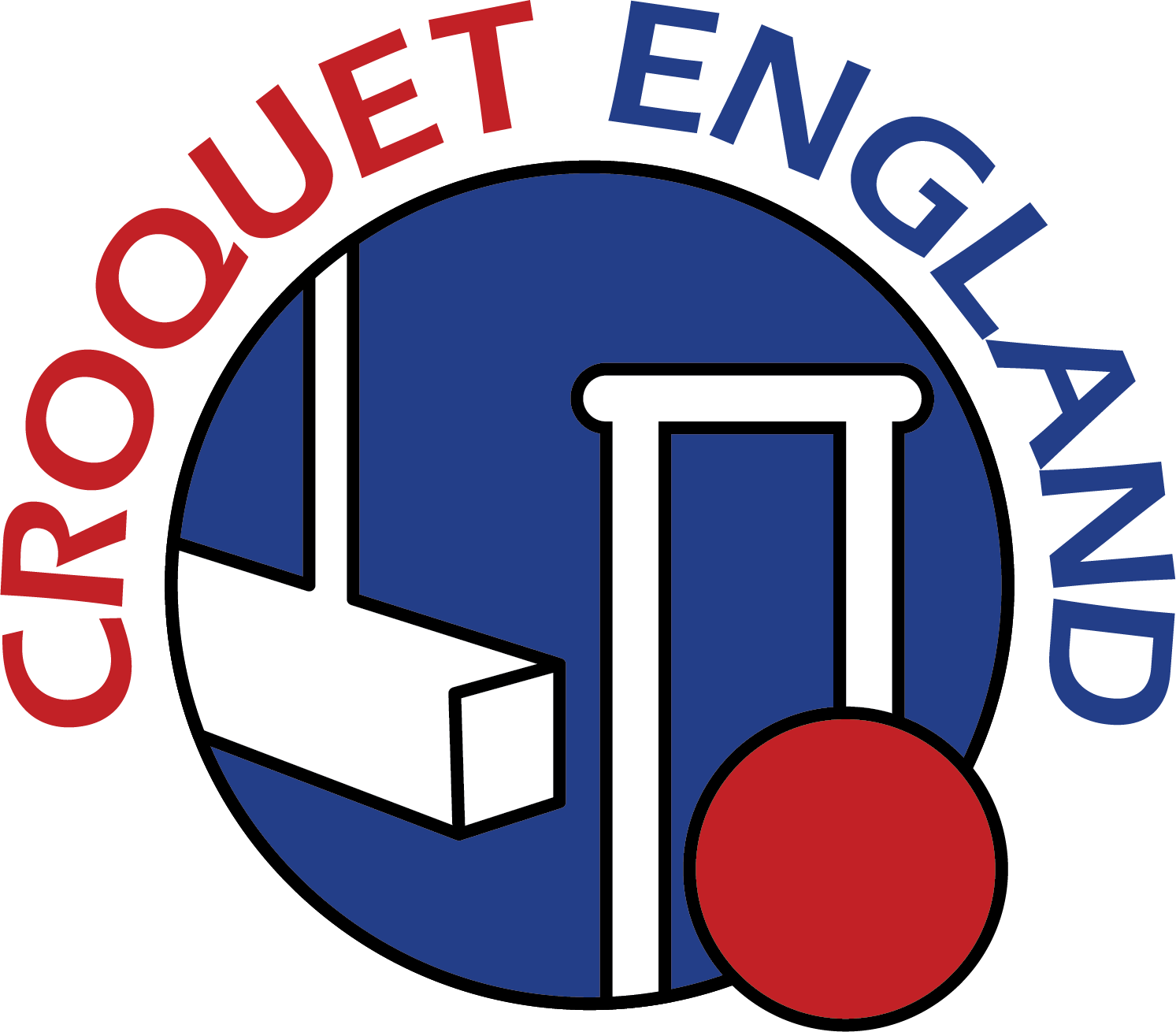By Sue Mackay - Issue 31 (2013)
Playing the wrong ball
In simple terms, if the error is discovered before the first stroke of the opponent’s next turn, the error is rectified and the turn ends. In other words, if a player roquets blue with black and then plays blue in error during the croquet stroke, the balls are replaced in contact and the turn ends. In handicap play the offender may take a bisque if he wishes, after the balls have been replaced, and continue with the correct ball.
Taking croquet from a dead ball
If a player tries to take croquet from a dead ball and the error is discovered before the first stroke of the opponent’s next turn, the error is rectified and the turn ends. If the opponent shouts “You have already roqueted blue” before the striker picks up his ball and puts it in contact with blue, then the turn ends at that point and the balls remain where they lie. If the striker has already picked up his ball then he must replace it where it came to rest after the “roquet” was made. In handicap play the offender may then take a bisque if he wishes and continue by playing the striker’s ball from where it lies. All balls will become live.
Running the wrong hoop
If a player runs the wrong hoop, or runs a hoop in the wrong direction, then he is not entitled to a continuation stroke and so his turn will end, unless he roquets a live ball in the same stroke, in which case he may take croquet but he will not have scored a hoop point.
NB, in the three errors above, the opponent must not forestall, but should point out the error clearly immediately it has occurred.
The croqueted ball does not move
End of turn. The opponent has the choice as to whether the balls are replaced in contact or left where they came to rest after the fault was committed. In handicap play the offender may wait until after this decision has been taken before deciding whether or not he wishes to take a bisque.
Misplaced clips/balls
A player should forestall if he notices that a clip has been misplaced or that his opponent is about to play a ball that has been moved because of double banking.
A player pegs one ball out in a handicap game when his partner ball is not for the peg.
The ball is replaced where it came to rest after hitting the peg, and the turn ends. A spectator referee may intervene if he sees a ball about to be wrongly removed from the lawn.

